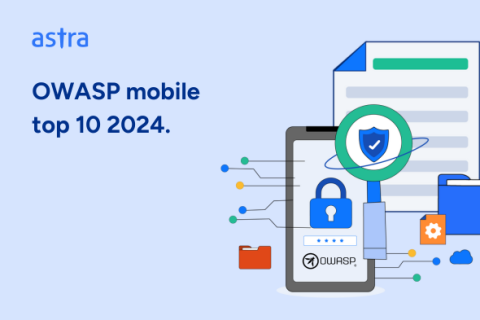Deep Dive and Simulation of a MariaDB RCE Attack: CVE-2021-27928
In early 2021, a new vulnerability, identified as CVE-2021-27928, was discovered and published. It affects multiple versions of the open-source relational database management systems (RDMBS) MariaDB and Percona Server, and the wsrep (write set replication) plugin for MySQL. Fortunately, security professionals swiftly released a patch to ensure that affected systems could be updated to mitigate risks.










